Election blow for Merkel
German Chancellor Angela Merkel's conservative Christian Democrats (CDU) have suffered a dramatic electoral setback.
Monday, 28.01.2008.
17:39

German Chancellor Angela Merkel's conservative Christian Democrats (CDU) have suffered a dramatic electoral setback. State Premier Roland Koch, who made immigrant crime an election issue, lost his absolute majority in Hesse's parliament, official results show. Election blow for Merkel While the CDU might still form a coalition, its vote share was barely above that of the Social Democrat SPD. But the CDU did retain power in another state, Lower Saxony, as expected. After taking 48.8% of the vote and an overall majority of seats in 2003, Koch's party won 36.8% on Sunday to the SPD's 36.7% (29.1% in 2003). In Lower Saxony, the CDU also saw its vote share fall but it still won about 42.5% to the SPD's 30.3%. The elections in two of Germany's most important states are being seen as a dry run for the federal election next year, the BBC reports. The CDU and SPD, traditional political foes, have ruled Germany in an uneasy Grand Coalition since 2005. Coalition-building in the two state parliaments will be complicated by the success of the Left Party - a combination of former Social Democrats and eastern ex-communists. It managed to pass the 5% threshold, so it will enter both state parliaments. Premier Koch had fought an aggressive and divisive campaign in Hesse, calling for tough new laws against immigrant young offenders. Although critics were quick to point out that his campaign was xenophobic, Chancellor Merkel gave her full backing to Mr Koch, known as the "Crown Prince" among conservatives. But it is now clear that many voters felt uncomfortable with the CDU's hardline rhetoric and they delivered a severe blow to Chancellor Merkel's party, the BBC's correspondent says. The SPD's Hesse leader, Andrea Ypsilanti, had appealed to left-wing voters during her campaign with calls for a national minimum wage and better schools. "We fought for a different political culture, and we won," she said after the results were announced. The balance of power in Hesse now lies with the smaller parties, the Greens, the liberal FDP and the Left Party and it is still not clear who will be able to form a coalition government. For the SPD, the result in Hesse is a welcome boost, our correspondent notes. Once trailing in the polls, it will now feel emboldened at a national level. But Sunday's results are also likely to lead to more in-fighting in the Grand Coalition, as the main parties sharpen their ideological differences. Chancellor Angela Merkel (Beta, archive)
Election blow for Merkel
While the CDU might still form a coalition, its vote share was barely above that of the Social Democrat SPD.But the CDU did retain power in another state, Lower Saxony, as expected.
After taking 48.8% of the vote and an overall majority of seats in 2003, Koch's party won 36.8% on Sunday to the SPD's 36.7% (29.1% in 2003).
In Lower Saxony, the CDU also saw its vote share fall but it still won about 42.5% to the SPD's 30.3%.
The elections in two of Germany's most important states are being seen as a dry run for the federal election next year, the BBC reports.
The CDU and SPD, traditional political foes, have ruled Germany in an uneasy Grand Coalition since 2005.
Coalition-building in the two state parliaments will be complicated by the success of the Left Party - a combination of former Social Democrats and eastern ex-communists.
It managed to pass the 5% threshold, so it will enter both state parliaments.
Premier Koch had fought an aggressive and divisive campaign in Hesse, calling for tough new laws against immigrant young offenders.
Although critics were quick to point out that his campaign was xenophobic, Chancellor Merkel gave her full backing to Mr Koch, known as the "Crown Prince" among conservatives.
But it is now clear that many voters felt uncomfortable with the CDU's hardline rhetoric and they delivered a severe blow to Chancellor Merkel's party, the BBC's correspondent says.
The SPD's Hesse leader, Andrea Ypsilanti, had appealed to left-wing voters during her campaign with calls for a national minimum wage and better schools.
"We fought for a different political culture, and we won," she said after the results were announced.
The balance of power in Hesse now lies with the smaller parties, the Greens, the liberal FDP and the Left Party and it is still not clear who will be able to form a coalition government.
For the SPD, the result in Hesse is a welcome boost, our correspondent notes.
Once trailing in the polls, it will now feel emboldened at a national level.
But Sunday's results are also likely to lead to more in-fighting in the Grand Coalition, as the main parties sharpen their ideological differences.


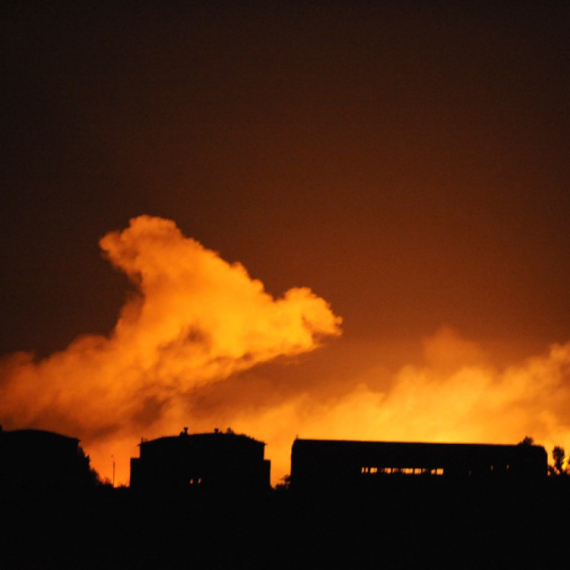
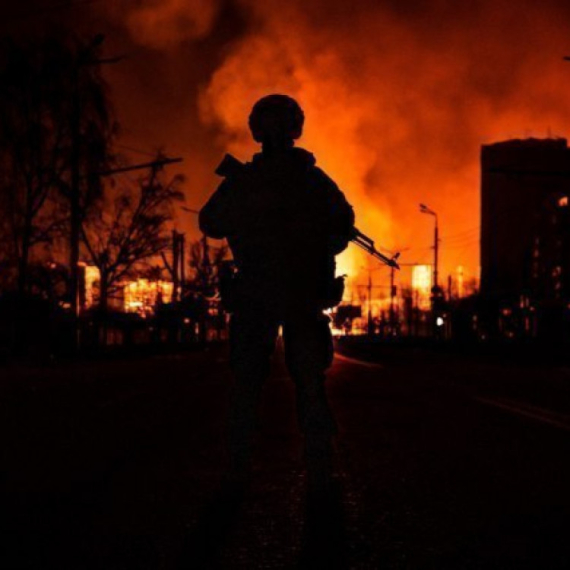
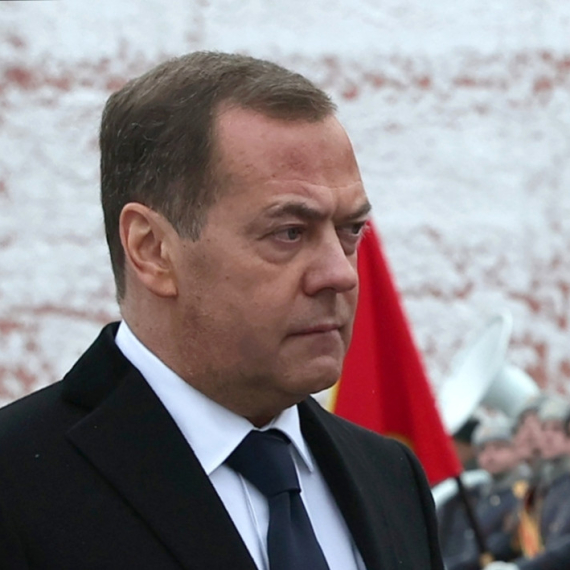









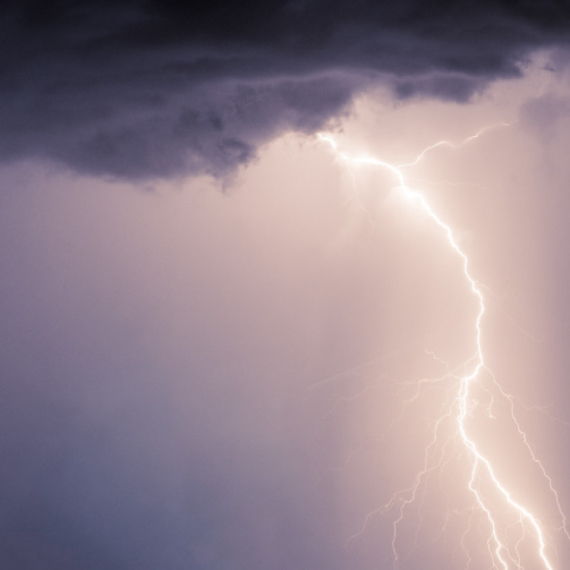









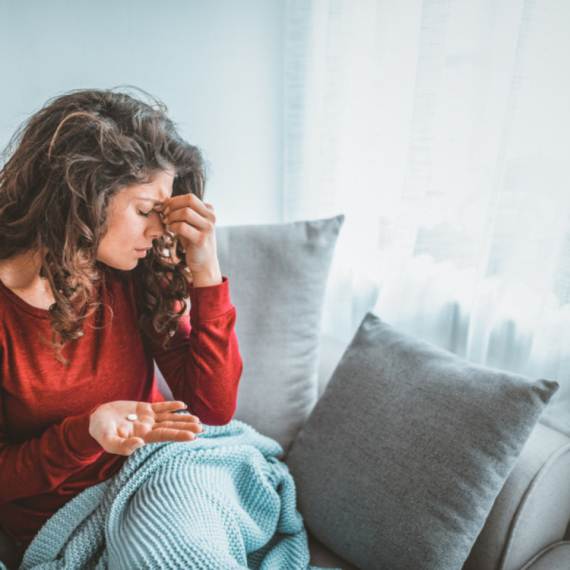

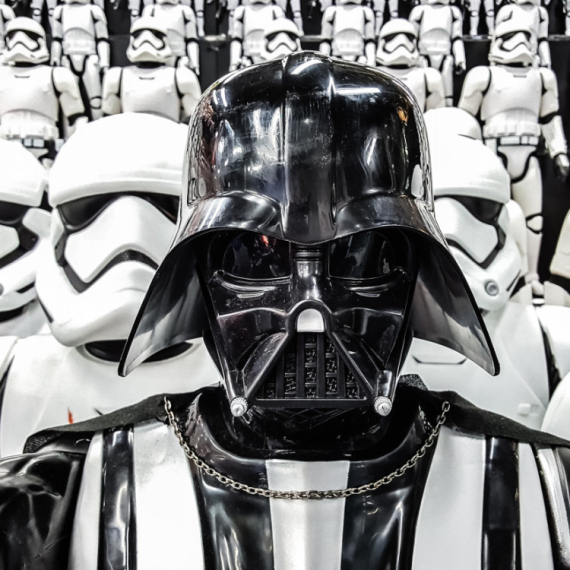












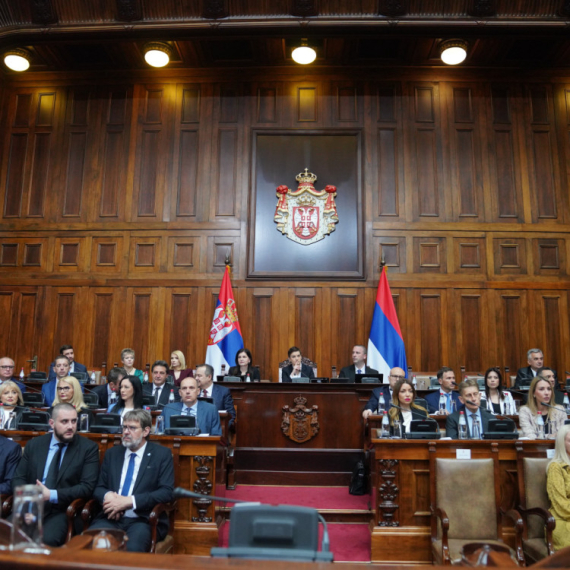

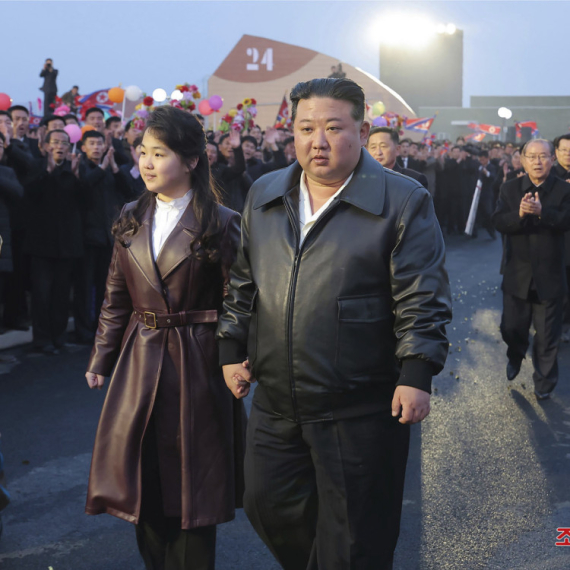









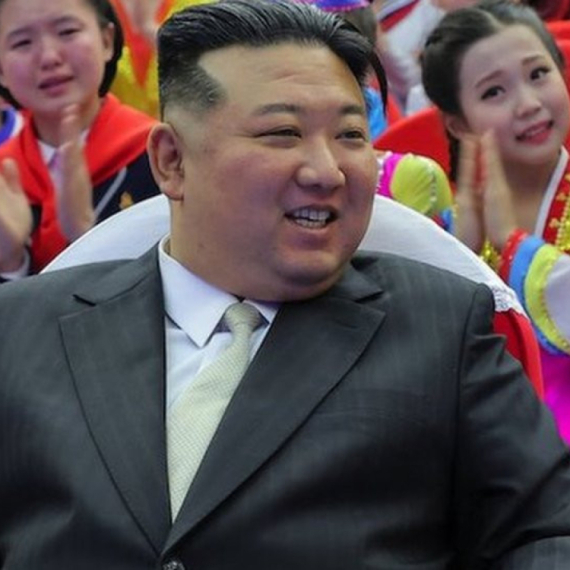



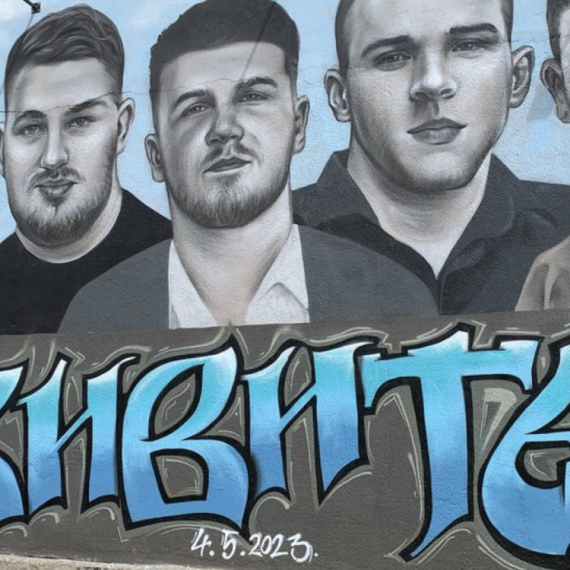

Komentari 0